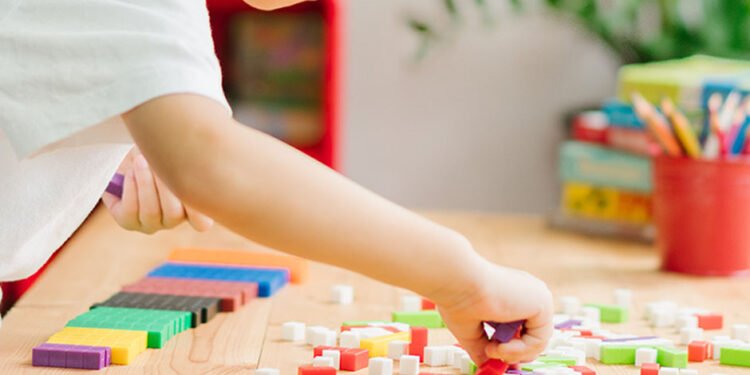The Power of Play
As any parent or educator knows, children are naturally drawn to play. Beyond mere fun, play is a critical aspect of childhood, profoundly shaping cognitive development. It offers a dynamic environment where young minds explore, solve problems, and build critical skills. This article delves into how playtime, far from being simple amusement, is essential for cognitive growth in children.
Play and Learning: A Symbiotic Relationship
From infancy, play serves as the primary means through which children engage with and make sense of the world around them. In environments like childcare Liverpool, play is ingeniously integrated into daily routines, fostering an atmosphere where learning happens seamlessly through games and interactive play. This approach helps children develop crucial cognitive abilities, such as attention, memory, and problem-solving skills, in a nurturing setting.
Cognitive Skills Developed Through Play
- Enhancing Memory and Attention
Play activities, especially those that require following rules or sequences, like singing songs or playing “Simon Says,” help enhance memory. Children learn to focus, remember steps, and pay attention to detail, which are essential skills for academic success.
- Boosting Language and Communication
Interactive play such as storytelling or role-playing allows children to practice language skills. They learn new words, how to structure sentences, and the nuances of language, including tone and body language, all of which are vital for effective communication.
- Fostering Problem Solving and Cognitive Flexibility
Puzzles and building blocks require children to think critically and adapt their strategies. Such play not only improves their problem-solving skills but also teaches them flexibility in thinking—a skill that is crucial in a rapidly changing world.
- Encouraging Creative and Abstract Thinking
When children engage in pretend play, they create scenarios and roles from their imagination. This form of play develops their ability to think abstractly and creatively, paving the way for innovative thinking and creativity in later life.
Social-Emotional Development Through Play
- Understanding Emotions and Developing Empathy
Group play often involves negotiating, sharing, and dealing with conflicts, which are opportunities for children to understand their emotions and those of others. This is where empathy begins to develop, as children learn to see things from another’s perspective.
- Building Confidence and Resilience
As children master new skills and overcome challenges during play, they develop confidence. Furthermore, play provides them with safe spaces to fail and try again, essential for building resilience.
Cultural and Contextual Influences on Play
In Australia, as in many parts of the world, play is influenced by cultural contexts that dictate the nature of play activities and the interactions that occur during playtime. Understanding these cultural dimensions is essential for parents and educators to provide play opportunities that are both culturally sensitive and developmentally appropriate.
Technology and Play: Adapting to New Forms
In today’s digital age, the nature of play is evolving with technology. While traditional forms of play are irreplaceable, digital platforms offer new ways to engage and learn. Apps and games designed for cognitive development can be part of a balanced play diet, provided they are used judiciously and complement real-world interactions.
Embracing the Complexity of Play
Play is not just a way to pass the time; it is a complex, dynamic activity that is crucial for cognitive development in children. By understanding and facilitating diverse play experiences, we can nurture well-rounded individuals who are capable of thinking critically, solving problems, and expressing themselves clearly. As we continue to explore the cognitive benefits of play, let’s ensure that our children have ample opportunities to engage in this fundamental activity. Whether at home, in childcare settings, or at school, play is a serious business and key to shaping the cognitive landscapes of young minds.












